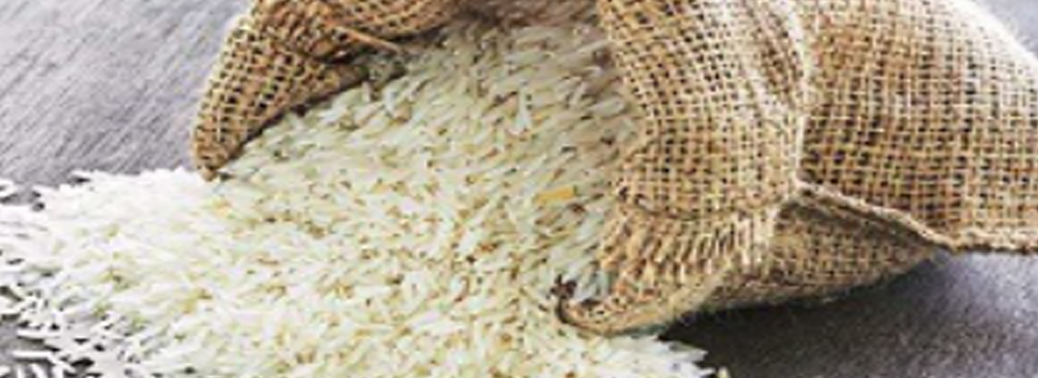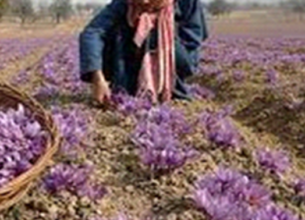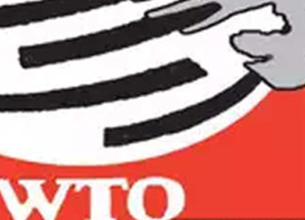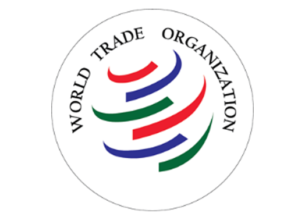MADRAS HC DISMISSES M. P’S PLEA ON GI TAG FOR BASMATI RICE
10, Mar 2020

Prelims level : Agriculture, Ignorance, Subsidy, Marketing
Mains level : GS-III Awareness in the fields of IT, Space, Computers, Robotics, Nano-technology, Bio-Technology and Issues Relating to Intellectual Property Rights.
Why in News?
- The Madras High Court has set aside the State of Madhya Pradesh and the Madhya Shetra Basmati Growers Association plea to restrict the production of Basmati rice to certain regions in the Indo-Gangetic plain.
About Basmati Rice:
- It is one of the best known varieties of rice all across the globe.
- It is a long grain rice which has its origin from India and some parts of Pakistan.
- It has a unique position in the rice world due to its price, fragrance, grain morphology as well as quality.
- Basmati rice has a unique fragrance and flavour caused due to the presence of a chemical called 2-acetyl-1-pyrroline.
- This chemical is found in basmati rice at about 90 parts per million (ppm) which is 12 times more than non-basmati rice varieties.
- Basmati rice needs specific climatic conditions to grow which is why it is cultivated in selected regions of India.
- It is cultivated in the states of Himachal Pradesh, Punjab, Haryana, Delhi, Uttarakhand, Madhya Pradesh, Jammu and Kashmir and western Uttar Pradesh (Indo Gangetic Plains).
Production of Basmati Rice in India:
- India is the largest producer of Basmati rice with about 70 per cent share in global production.
- Basmati rice constitutes one of India’s significant exports both in terms of soft power and hard money.
- India is leading exporter of Basmati rice in the global market.
- During 2016-17, India exported 40, 00,471.56 MT of Basmati Rice.
- Major Export Destinations in 2016-17 included Saudi Arabia, Iran, United Arab Emirates, Iraq and Kuwait.
- According to a report, the Indian Basmati rice industry is on the verge of clocking its highest ever export of around 30,000 crore rupees in the financial year 2019.
- India has always been involved in protecting the name Basmati as a geographic indicator. In other words, Basmati is a term that should be restricted to the product from its geographic location.
About the Issue:
- Agricultural and Processed Food Products Export Development Authority (APEDA) had initiated steps to protect and get GI recognition for Basmati cultivated in the IGP.
- It had applied for registration of GI basmati rice in its favour in May 2010.
- APEDA was established by the Government of India under the Agricultural and Processed Food Products Export Development Authority Act, passed by the Parliament in December, 1985.
- It is a statutory body under the Ministry of Commerce and Industry and is the apex organization engaged in work related to the development of export of agricultural products and processed food from India.
- It is responsible for putting in place a system for administration of GI and authentication of the product in India and abroad.
About Geographical Indication (GI):
- Geographical Indication is an insignia on products having a unique geographical origin and evolution over centuries with regards to its special quality or reputation attributes.
- It is a mark of authenticity and ensures that registered authorised users (or at least those residing inside the geographic territory) are allowed to use the popular product name.
- GI registration confers:(i) Legal protection to the products (ii) Prevents unauthorised use of a GI tags by others (iii) Helps consumers to get quality products of desired traits (iv) Promotes economic prosperity of producers of GI tag goods by enhancing their demand in national and international markets.
- Legal Authorities:At international level, GI is governed by World Trade Organisation’s (WTO’s) Agreement on Trade-Related Aspects of Intellectual Property Rights (TRIPS).
- In India, GI registration is governed by the Geographical Indications of goods (Registration and Protection) Act, 1999. Darjeeling tea was the first product in India accorded with GI tag.
- Presently, there are total 218 GI tag products from India. Some of them are Mysore Silk, Mysore Pak, Thanjavaur Veena, etc.














